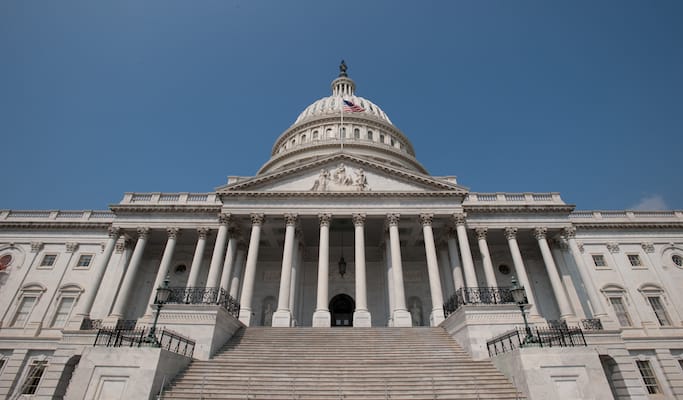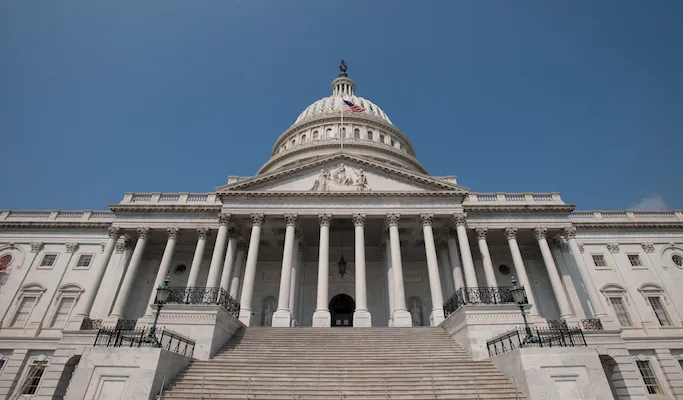WASHINGTON — Health care spending has been beefed up in some areas and reduced in others as a result of the federal budget legislation passed by Congress earlier this month.
Chronic care funding was bolstered by the two-year spending plan, which was signed into law by President Trump, while some Affordable Care Act appropriations were cut.

The deal also lowered the cost of drugs under Medicare, while steering clear of a measure to heighten generic drug competition for brands.
For chronic illness sufferers, the shorter-term deal includes all provisions of an act the Senate unanimously passed following its introduction by Orrin Hatch (R., Utah) and Ron Wyden (D., Ore.). The CHRONIC Act is designed to shore up Medicare’s capacity to care for the sickest of Americans — including the 5% of the program’s beneficiaries who account for 50% of its spending — in part by emphasizing home and community-based care.
The measure increases the flexibility of rapidly growing Medicare managed care plans (known as Medicare Advantage plans) to broaden supplemental benefits to chronically ill enrollees starting in 2020.
At the same time, the statute eliminated the Independent Payment Advisory Board, which was established by the ACA to rein in the rising cost of Medicare. The 15-member panel was charged with recommending savings if Medicare spending per beneficiary was projected to grow faster than certain benchmarks. Trump and other Republicans pointed to it as a symbol of Obamacare’s excessive reach.
The board’s “unprecedented authority” to change Medicare could have curtailed seniors’ access to care and shifted the focus of the health care system to the government, instead of the patient, said Rep. Erik Paulsen (R., Minn.).
In the drug pricing arena, the legislation excluded the CREATES Act, a bipartisan measure to stop branded drug companies from delaying competition from generic drug makers. The measure could still be included in Congress’ long-term funding package due by March 23.
But the deal helps fill the so-called doughnut hole in Medicare Part D. People with high drug costs who hit the coverage gap will get bigger discounts from drug makers starting in 2019. Some large manufacturers could face billions of dollars in costs from the change, according to Avalere Health president Daniel Mendelson. Health insurers, meanwhile, would see their doughnut hole costs decline.
Stephen Ubl, president and chief executive officer of Pharmaceutical Research and Manufacturers of America, denounced the change, saying it “provides a massive bailout for insurance companies and undermines their incentive to reduce Part D costs, an incentive that has worked well for more than a decade.
“An analysis by Avalere estimates that the proposal will save Part D insurance plans over $40 billion — roughly seven times what Medicare Part D beneficiaries will save from these changes,” he noted. “We should not give insurance companies billions of dollars in additional relief when they don’t share most of the discounts they currently receive with seniors at the pharmacy counter.”







